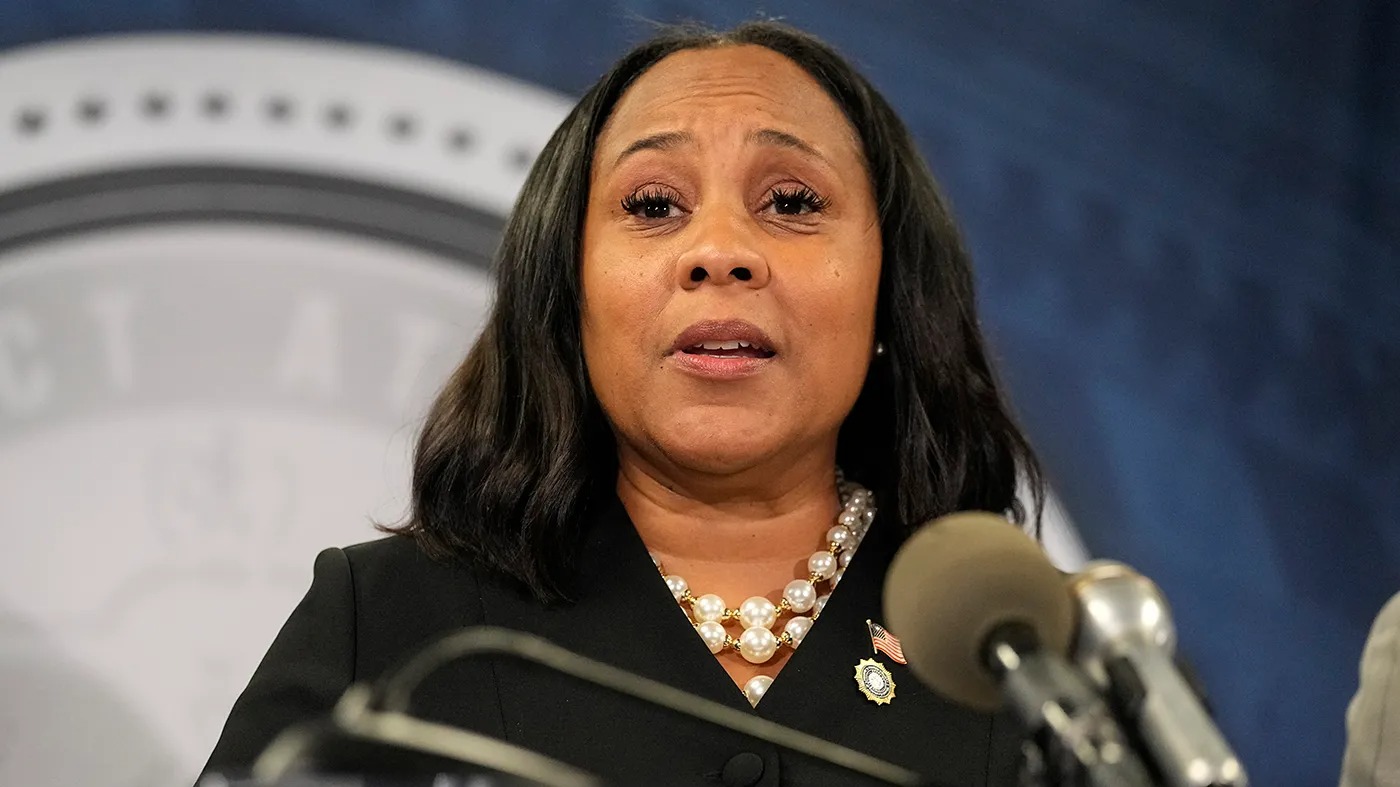The case unfolding in Georgia involving Fulton County District Attorney Fani Willis and her alleged affair with special prosecutor Nathan Wade has taken center stage, with the judge now faced with a critical decision that could impact the trajectory of the trial against former President Donald Trump and others accused of election fraud.
As Fulton County Superior Judge Scott McAfee deliberates on whether to disqualify Willis and potentially her entire office from the case, the outcome holds significant implications not only for the legal proceedings but also for the broader political landscape leading up to the 2024 presidential election.
Legal experts emphasize that while strict interpretations of Georgia law may suggest Willis is unlikely to be disqualified, the extensive time spent on evaluating evidence related to her affair with Wade raises concerns about potential delays in the trial.

These delays could potentially push the proceedings to occur either just before or after the November 2024 election, during which Trump is anticipated to challenge President Joe Biden.
The crux of the matter revolves around whether Willis’s involvement in the case should be called into question due to her admitted romantic relationship with Wade, who was appointed as the special prosecutor for the election fraud case in November 2021.
The controversy surrounding Willis’s conduct has injected a new layer of complexity into an already contentious legal battle, casting doubt on the timeline and integrity of the trial.
While the legal technicalities regarding Willis’s potential disqualification are being scrutinized, the broader implications underscore the intersection of law, politics, and personal conduct in high-stakes legal proceedings.
Ultimately, Judge McAfee’s decision will have far-reaching consequences, shaping not only the outcome of the election fraud case but also influencing public perception of the judicial system’s ability to uphold fairness and impartiality in politically charged cases.
As the proceedings unfold, attention will remain focused on the judge’s ruling and its ramifications for the legal landscape in Georgia and beyond.

